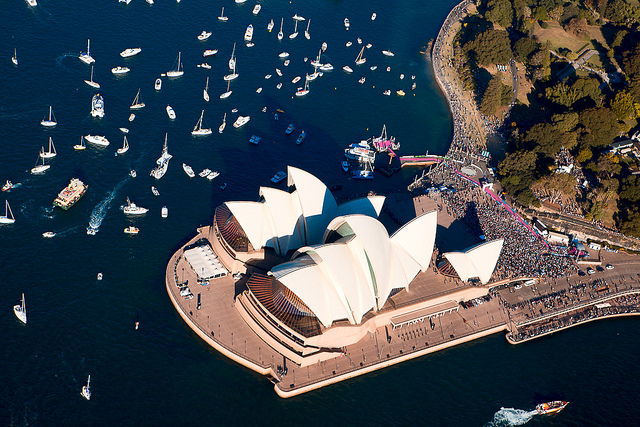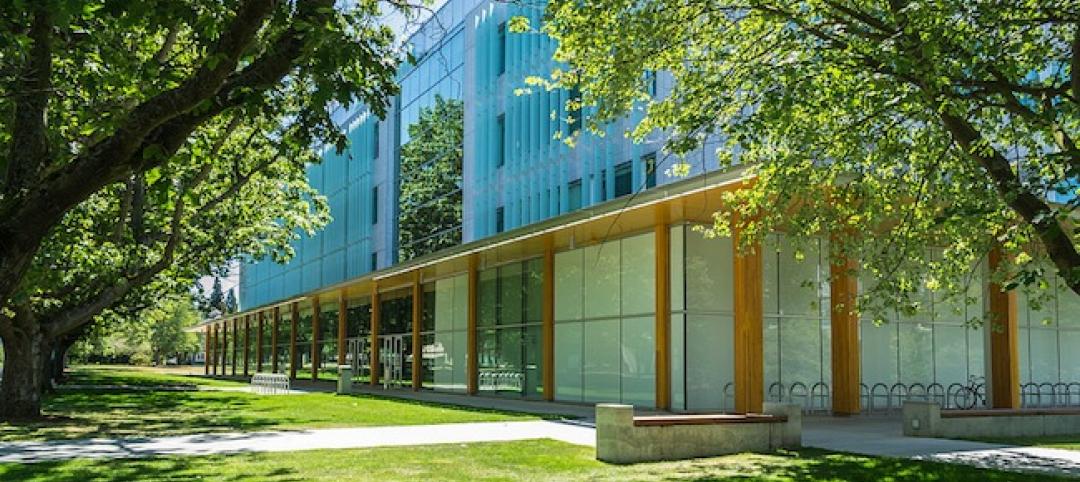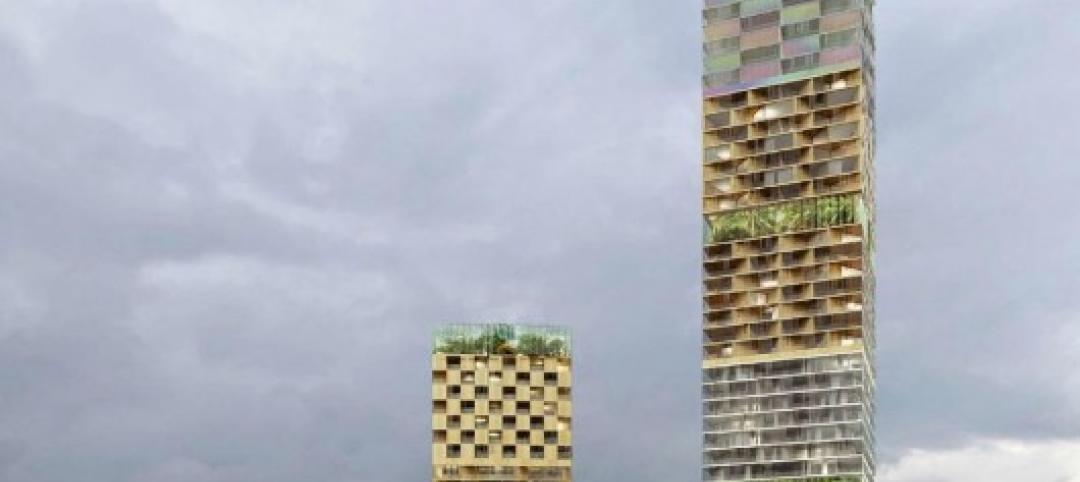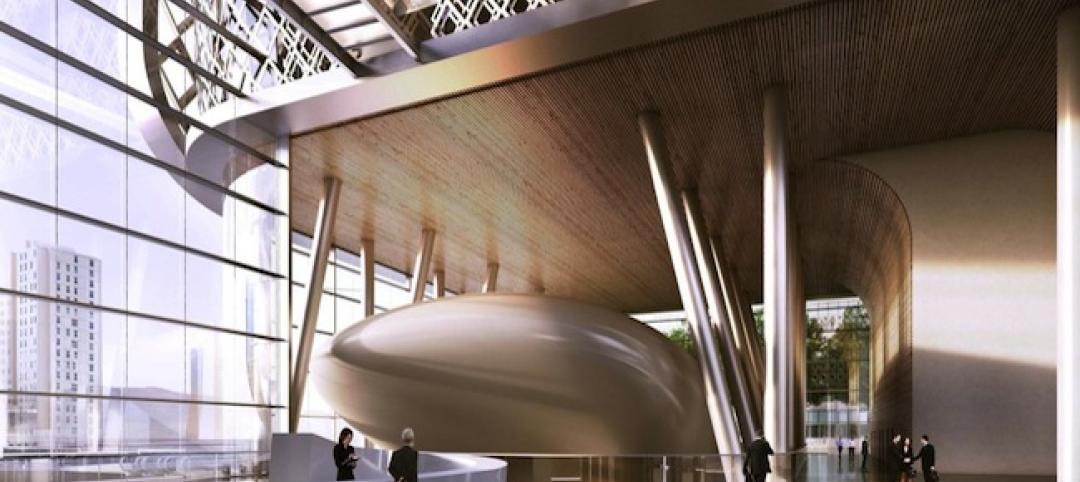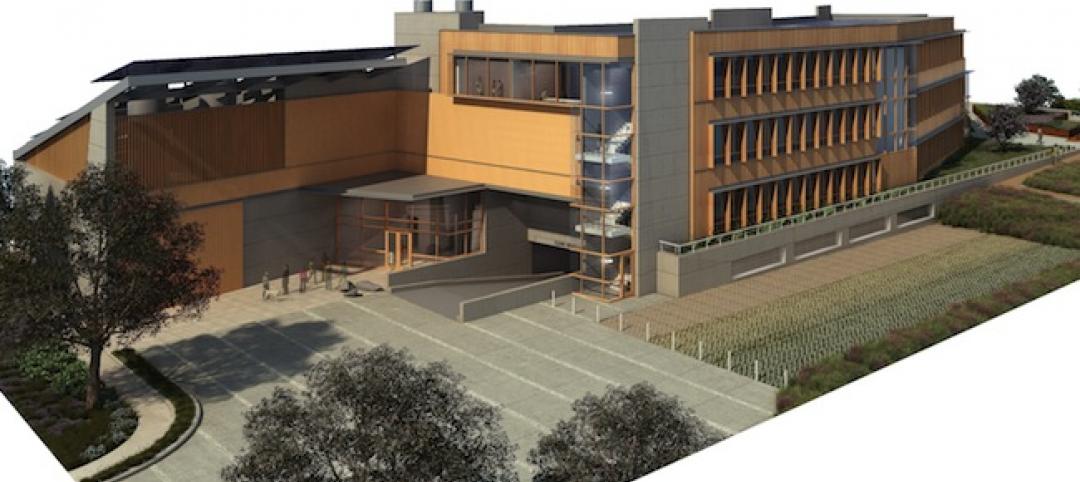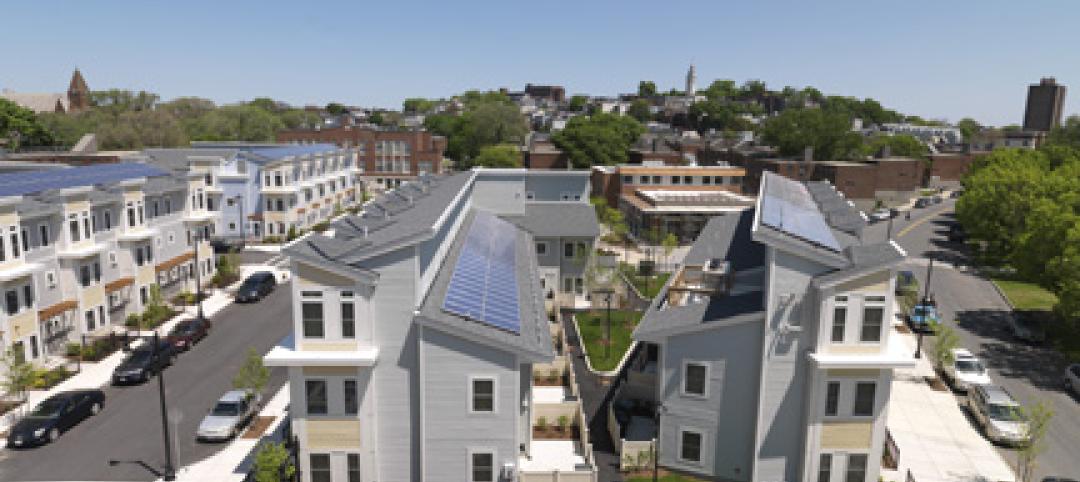Inexplicable designs. Questionable functionality. Absurd budgeting. Just plain inappropriate. These are some of the characteristics that distinguish projects that ArchDaily has identified as most controversial in the annals of architecture and construction.
They include some of the most famous structures on the planet, as well as buildings whose infamy is their fame. The list below includes the lead architect in parenthesis.
1. Pruitt-Igoe Housing Development, St. Louis (Minoru Yamasaki). Built in the mid 1950s, but never fully occupied, this project was castigated by critics as being little more than a prison for its low-income residents. It was razed in 1972.
2. Al-Wahrah Stadium, Doha, Qatar (Zaha Hadid Architects). Over 1,000 workers have reportedly died building this stadium, one of five under construction for the 2022 FIFI World Cup.
3. Sydney Opera House, Sydney, Australia (Jørn Utzon). It was supposed to take 18 months and $18 million AUD to complete. It ended up taking 16 years and the final price tag was $102 million AUD.
4. Eiffel Tower, Paris (Gustave Eiffel). This iconic structure, which opened in 1889, encountered considerable criticism that included one reference to it as “a truly tragic street lamp.”
5. The “Walkie-Talkie” at 20 Fenchurch Street, London (Rafael Viñoly Architects). This building’s nickname says it all about its weird design. The sunlight reflecting off of the building’s windows to this day still scorches street-level objects. Even the architect regrets building it.
6. Woman’s Building, World Columbian Exposition, Chicago (Sophia Hayden Bennett). Designed and built by an all-woman management team, and opened in 1893 as a paean to women’s achievements, its architecture was ultimately deemed irrelevant.
7. Antilla Residential Tower, Mumbai, India (Perkins + Will/Hirsch Bednar Associates). A 27-story tower, built next to a notorious slum, is the world’s most expensive private residence. It cost $1 billion US, and includes a six-story parking garage.
8. Sagrada Familia, Barcelona, Spain (Antoni Gaudi). This basilica, with its mishmash of design styles, was started in 1882, and is still under construction. (Completion is now projected for 2026.)
9. The Portland Building, Portland, Ore. (Michael Graves). The first major postmodern construction in North America, the 15-story building, completed in 1982 for $29 million, won an AIA award, but has left more Portlandians cold. In October 2009, Travel + Leisure called it “one of the most hated buildings in America.”
Related Stories
| May 29, 2014
Wood advocacy groups release 'lessons learned' report on tall wood buildings
The wood-industry advocacy group reThink Wood has released "Summary Report: Survey of International Tall Wood Buildings," with informatino from 10 mid-rise projects in Europe, Australia, and Canada.
| May 29, 2014
Five finalists, including SOM and Zaha Hadid, chosen in competition for Sweden's tallest skyscraper
In Sernecke's competition to design Sweden's tallest skyscraper, five finalists have been selected: Manuelle Gautrand Architects, Ian Simpson Architects, SOM, Wingårdhs Arkitektkontor, and Zaha Hadid Architects.
| May 29, 2014
Retail renovation trends: Omni-channel shopping, personalized experiences among top goals of new store designs
In pursuit of enhanced customer experiences, retailers are using Big Data, interactive technology, and omni-channel shopping to transform their bricks and mortar locations.
| May 28, 2014
Video Blog: How today’s construction firms are bridging the BIM gap
Turner Construction and Parsons Brinckerhoff talk about how BIM has revolutionized the way that they conduct projects, and how technology has allowed them to leverage collaboration in such a way that they can work with decentralized teams.
| May 28, 2014
KPF's dual towers in Turkey will incorporate motifs, symbols of Ottoman Empire
The two-building headquarters for Turkey’s largest and oldest financial institution, Ziraat Bank, is inspired by the country’s cultural heritage.
| May 28, 2014
B.R. Fries completes medical center focused on male health
Occupying the building’s entire second floor, the male-centric center is honeycombed with examination and consultation rooms, as well as areas for noninvasive testing.
| May 28, 2014
Moshe Safdie's twin residential towers in Singapore will be connected by 'sky pool' 38 stories in the air [slideshow]
Moshe Safdie's latest project, a pair of 38-story luxury residential towers in Singapore, will be linked by three "sky garden" bridges, including a rooftop-level bridge with a lap pool running the length between the two structures.
| May 27, 2014
Supergreen Venter lab displayed in new walk-through video
ZGF Architects' La Jolla building for genomics pioneer J. Craig Venter and his nonprofit research organization aims to be the first net-zero energy, carbon-neutral biological lab.
| May 27, 2014
America's oldest federal public housing development gets a facelift
First opened in 1940, South Boston's Old Colony housing project had become a symbol of poor housing conditions. Now the revamped neighborhood serves as a national model for sustainable, affordable multifamily design.
| May 27, 2014
One World Trade Center cuts rents due to sluggish activity
Sluggish economy and lackluster leasing force developer The Durst Organization and the Port Authority of New York and New Jersey to reduce asking rents by nearly 10% to $69/sf.


